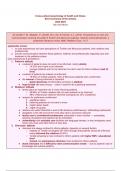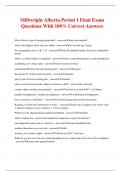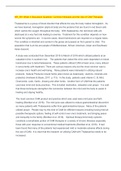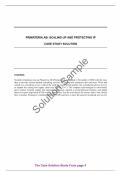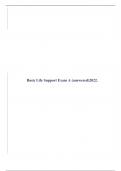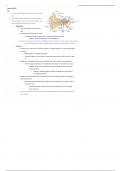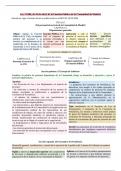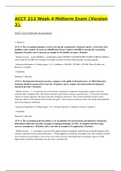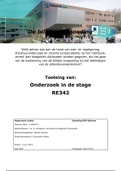Samenvatting
Grade 7.8! Article summary: Cross-Cultural Psychology of Health and Illness
- Instelling
- Universiteit Leiden (UL)
In this summary you can find the headlines of the articles you have to know for Cross-cultural psychology of health and illness. With this summary (I have a summary of the literature + lectures too) I received a 7.8!
[Meer zien]
